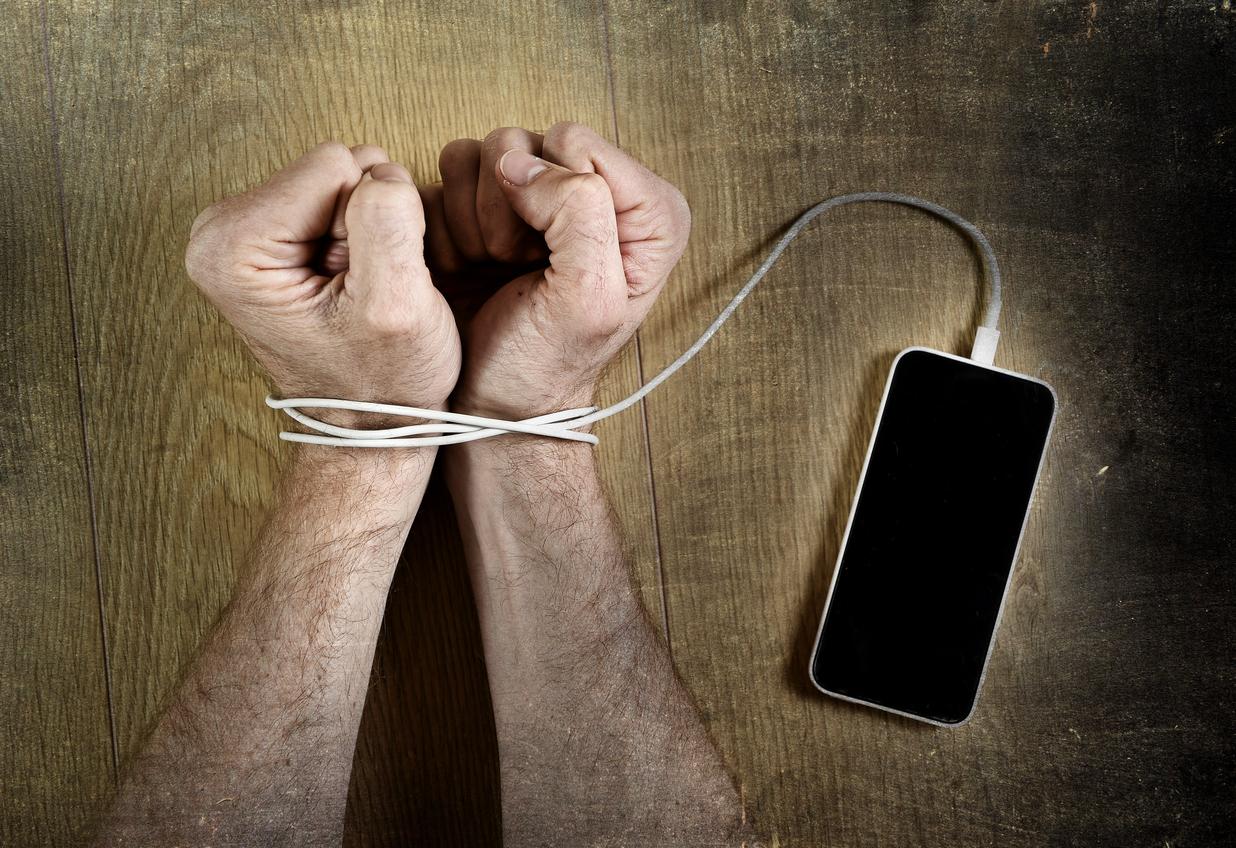The Independent's journalism is supported by our readers. When you purchase through links on our site, we may earn commission.
How to overcome your phone addiction: Five tips to help you stop checking your mobile

Your support helps us to tell the story
From reproductive rights to climate change to Big Tech, The Independent is on the ground when the story is developing. Whether it's investigating the financials of Elon Musk's pro-Trump PAC or producing our latest documentary, 'The A Word', which shines a light on the American women fighting for reproductive rights, we know how important it is to parse out the facts from the messaging.
At such a critical moment in US history, we need reporters on the ground. Your donation allows us to keep sending journalists to speak to both sides of the story.
The Independent is trusted by Americans across the entire political spectrum. And unlike many other quality news outlets, we choose not to lock Americans out of our reporting and analysis with paywalls. We believe quality journalism should be available to everyone, paid for by those who can afford it.
Your support makes all the difference.They take photos, organise our lives, keep us in touch with loved ones and supply an endless stream of entertainment, but despite all of this smartphones are becoming a problem we need to solve.
According to recent studies, adults in the UK check their mobiles 33 times a day while for teenagers the number escalates to 90.
What’s more, spending extended time on our handsets has also been shown to impact our ability to form new memories, think deeply, focus and absorb information.
But, just how can you escape the tempting trap of mindless scrolling?
According to Catherine Price, author of How to Break Up With Your Phone: The 30-Day Plan to Take Back Your Life, there are a few simple tools you can use to develop a healthier relationship with your mobile and be more mindful of how you use it.
One of the first things Price suggests doing is setting boundaries and becoming more aware of how often you use your phone.
Here, she suggests taking action by downloading apps that monitor when and how long you spend on your mobile. By doing so, you should become more conscious of the things that trigger your phone use and, as a result, reduce your total phone time.
Similarly, it’s a good idea to establish periods of the day when you can go phone-free.
From picking a 30 minute slot to turn it off entirely, or leaving it at home when you go out for a walk, small steps can help you eventually build up to a full 24-hour detox.
Another way to tackle this is by determining specific spaces where your phone should be banned. One of the easiest and most effective areas to do this is your bedroom, which studies show can improve sleep.
With more than a third of UK adults looking at their phones within five minutes of waking, and more than half doing so within 15 minutes, this simple move could mean you get control back.
Worried about waking up on time? Then invest in an alarm clock instead.
Finally, one of the biggest temptations when it comes to phone use is that feel-good feeling we get when receiving a like on one of our various social media apps.
To tackle this, regain power by turning off your notifications completely or keeping your phone on silent or airplane mode.
How to Break Up With Your Phone: The 30-Day Plan to Take Back Your Life by Catherine Price is available from 8th February 2018.
Join our commenting forum
Join thought-provoking conversations, follow other Independent readers and see their replies
Comments